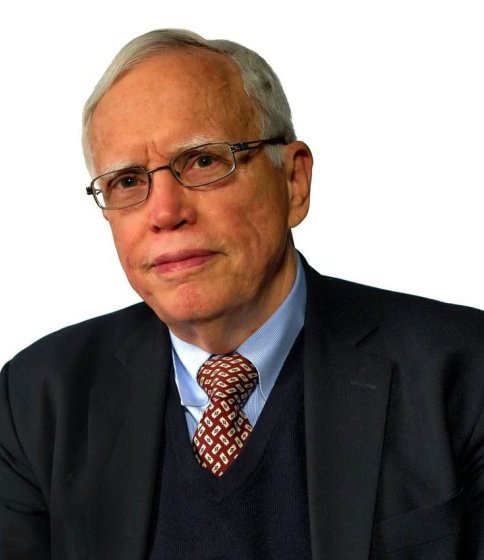
James Heckman
Department of Economics, Center for the Economics of Human Development, University of Chicago
James J. Heckman is the Henry Shultz Distinguished Service Professor of Economics and Public Policy and Director of the Center for the Economics of Human Development at the University of Chicago. He has devoted his professional life to understanding the origins of major social and economic questions related to inequality, social mobility, discrimination, and the formation of skills and regulation in labor markets, as well as to devising and applying economically interpretable empirical strategies for understanding and addressing these questions. Heckman has published over 300 articles and 9 books on these topics. Heckman is the recipient of the Nobel Prize in Economics, the John Bates Clark Medal, the Jacob Mincer Award, the Dennis Aigner Award, the Ulysses Medal, the Theodore W. Schultz Award, the Gold Medal of the President of the Italian Republic, the Frisch Medal, the Dan David Prize, and is a Distinguished Fellow of the American Economic Association.
-
Children and FamiliesGender Differences in the Benefits of an Influential Early Childhood Program
ABC/CARE was a comprehensive, birth through age five early childhood development program that included early health, nutrition, parental education and early childhood education. Complementing their recent cost-benefit analysis of the ABC/CARE program, Dr. James Heckman and his team look at the differences in outcomes based on gender in their paper, Gender Differences in the Benefits of an Influential Early Childhood Program.
May 11, 2017
|Evidence
| -
Children and FamiliesThe Lifecycle Benefits of an Influential Early Childhood Program
The research team found that high-quality early childhood education programs had the potential to deliver a 13.7% per child, per year return on investment through better outcomes in health, education, and employment. The economic return of the two programs was substantially higher than had been previously found for preschool programs serving 3- to 4-year-olds, which have previously estimated only a 7-10% return on investment.
December 12, 2016
|Evidence
| -
Children and FamiliesThe Health and Social Returns of Early Childhood Education
High-quality, early childhood education (ECE) boosts early-life skills in disadvantaged individuals. These skills translate into better outcomes later in life, in areas like employment, education, income, and criminal activity. But ECE is also costly, and as such, it is important to have a complete picture of the social returns throughout life. In particular, it is not known whether ECE can improve health over the course of a lifetime.
September 15, 2016
|Has Evidence
|